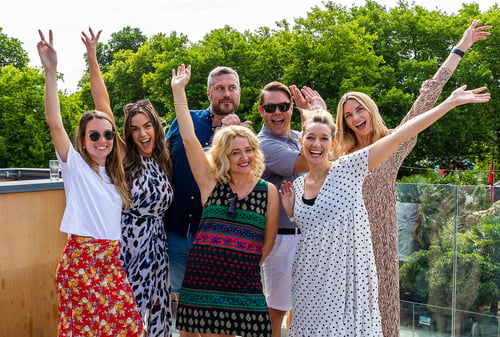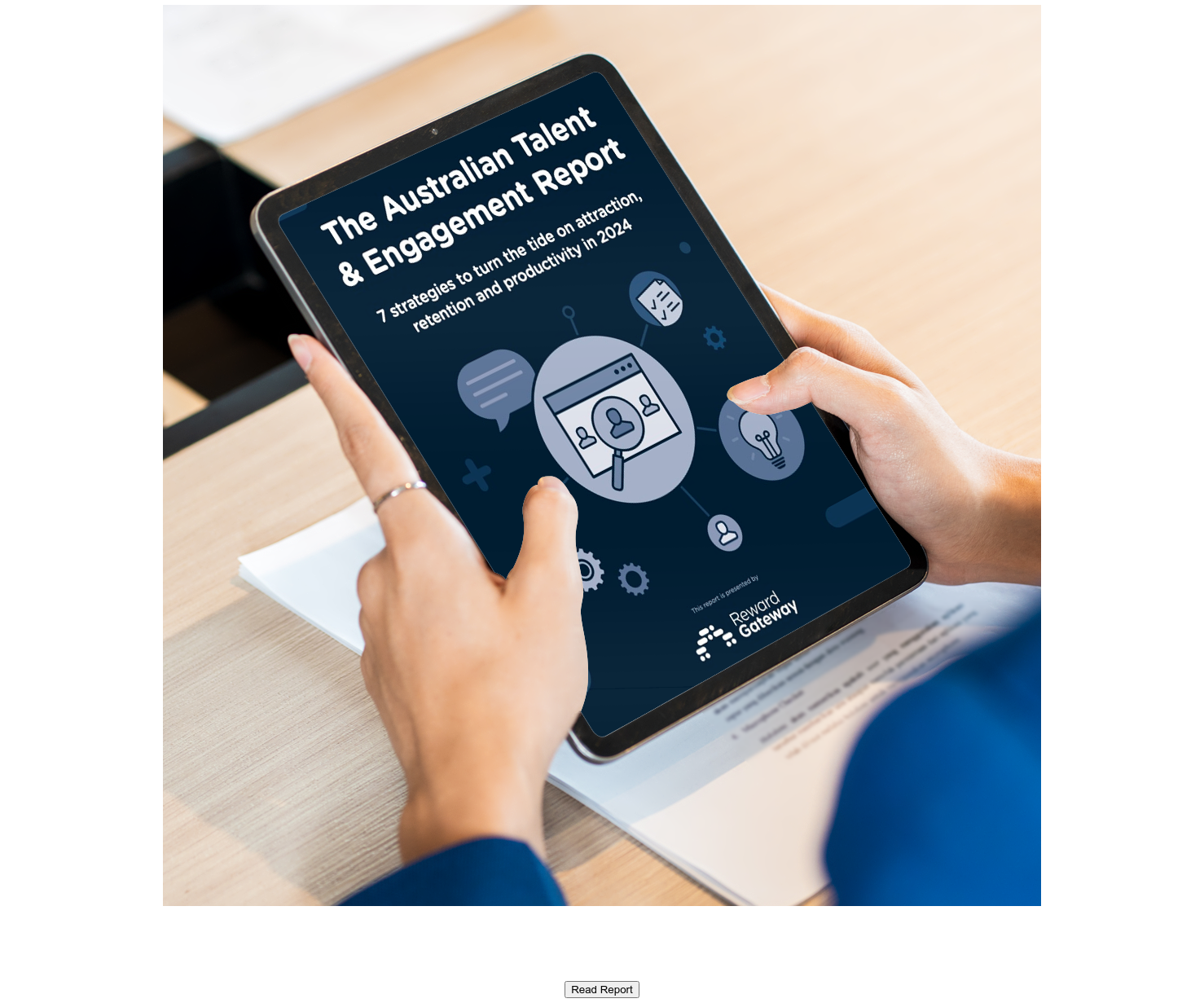In today’s fast-paced corporate world, fostering a sense of belonging and personal wellbeing among employees is crucial to help avoid burnout and maintain productivity alongside a healthy culture.
Cultural fitness and social wellbeing are critical in the workplace, and organisations have many avenues to cultivate these aspects for the benefit of their teams. Let’s delve into what cultural fitness and social wellbeing include, along with their connection to employee wellbeing and workplace culture, and explore events and activities that can help achieve these goals.
What is cultural fitness, and how can you cultivate it?
Cultural fitness is the concept of exercising your organisation’s ‘cultural muscle’ as a reminder to ‘use it or lose it’ – like an instrument, if you neglect to practice, your skills deteriorate. A culturally fit workplace will foster a group mentality that helps every employee appreciate one another as complete people with rich lives outside of work, and empower them to nurture those parts of their lives. A strong workplace culture requires intentionality from leadership, including spearheading events, activities and attitudes that help teams bond and support individual wellbeing.
 Cultural activities can be cost-neutral! We love the idea of ‘Time To Talk Day’ from one of our partners, REA Group. This is an initiative where leadership spends 30 minutes with employees actively discussing non-work-related topics to help strengthen bonds and find common ground. Cultural activities can be cost-neutral! We love the idea of ‘Time To Talk Day’ from one of our partners, REA Group. This is an initiative where leadership spends 30 minutes with employees actively discussing non-work-related topics to help strengthen bonds and find common ground. |
An employee engagement platform can also flex the cultural muscle and strengthen employee social wellbeing by encouraging team members to share work or non-work-related wins, fails, tips, photos or recipes. Supportive workplaces that value employees as complex people receive a better output, which creates a stronger workplace culture, both professionally and on that all-important human level.
Cultural fitness helps remind people they are part of a broader team and an organisation that values who they are individually.
Build meaningful connection and social wellbeing in the workplace
 In a culturally fit workplace, there will be better camaraderie and communication between leadership and staff, as well as among team members and other colleagues.
In a culturally fit workplace, there will be better camaraderie and communication between leadership and staff, as well as among team members and other colleagues.
An intentional workplace culture offers employees visibility of their colleagues as part of a bigger picture.
Supporting employee social wellbeing gives credence to the fact that we’re all humans with unique experiences and home lives, brought together to work toward a shared goal as a team and as an organisation.
Our recent Australian Talent & Engagement Report found that only one in three (34%) of surveyed Australian employees feel a sense of belonging at work, but those that do are 1.5x more likely to recommend their employers to their friends and families.
Diversity Council Australia’s Inclusion@Work Study found that employees who work in inclusive organisations are also four times more likely to report that work positively impacts their mental health, which has a knock-on effect on their overall wellbeing and productivity at work.
By encouraging meaningful connections between teammates and facilitating those connections through cultural activities, leaders can improve an employee’s personal wellbeing and decrease workplace loneliness by providing social connection and positive experiences.
A sense of belonging at work can help keep people feeling fulfilled overall, which can improve wellbeing outside of work.
Offering optional activities can empower employees to choose to show up and participate, taking pride in the social element of their work lives. As important as work-life balance is for overall wellbeing, a lot of people spend more hours per week with their colleagues than at home, so the benefits of the workplace being a socially rewarding and rich environment impact a significant portion of one’s time.
Our research found that 48% of Australian employees choose to leave an employer because of a poor company culture, so it’s clear that social wellbeing and cultivating a strong culture are essential to your employee retention strategies.
 Events, activities and programs that can strengthen cultural fitness
Events, activities and programs that can strengthen cultural fitness
Try these opportunities for employees to take part in something beyond themselves and their work:
- Footy tipping
- Karaoke
- Talent shows or competitions
- Trivia nights
- Bowling competitions
- Holiday-focussed events
- Community cafes – digital or in-person spaces for open discussions
- Group challenges – for example, doing a group race or steps challenge, or non-fitness challenges like who can bring a pre-cooked lunch in every day or drink the most water. These are great opportunities for incentives as well, which encourage participation and engage employees.
Want to discover more employee engagement tips? Download The Australian Talent & Engagement Report now for exclusive data and insights.
 Kameel Martin
Kameel Martin




